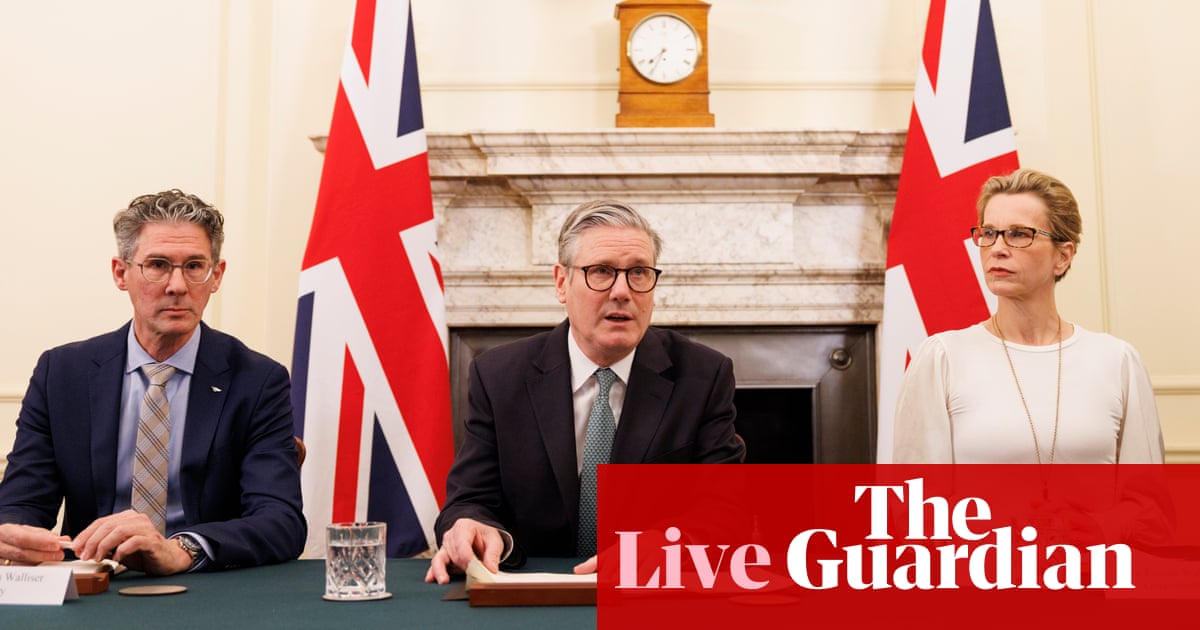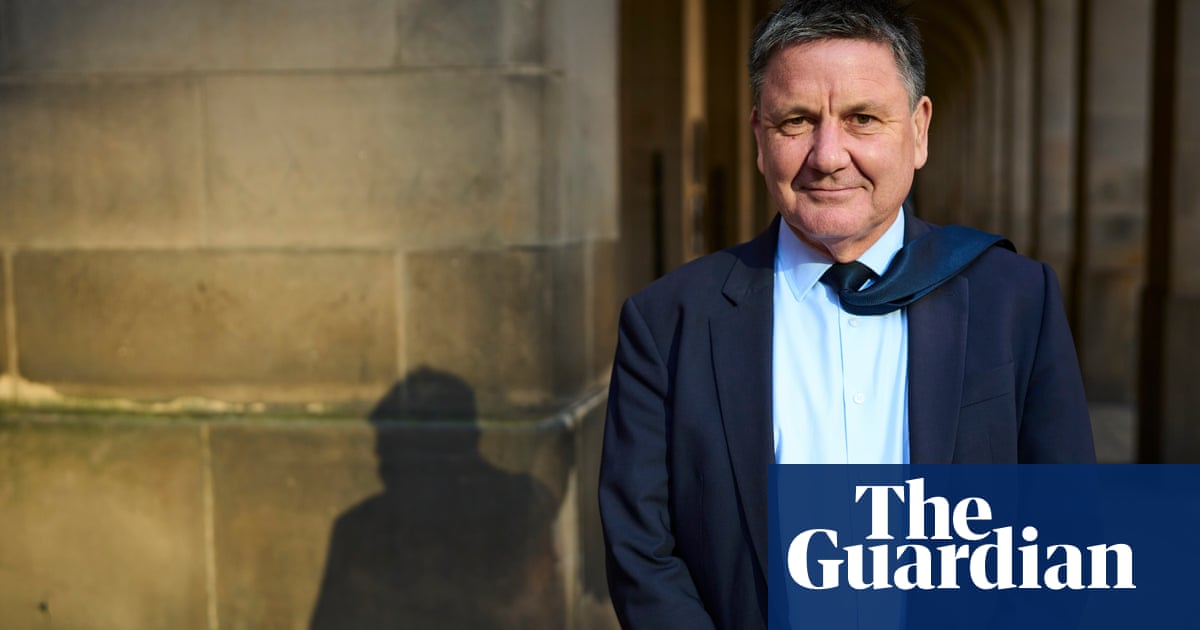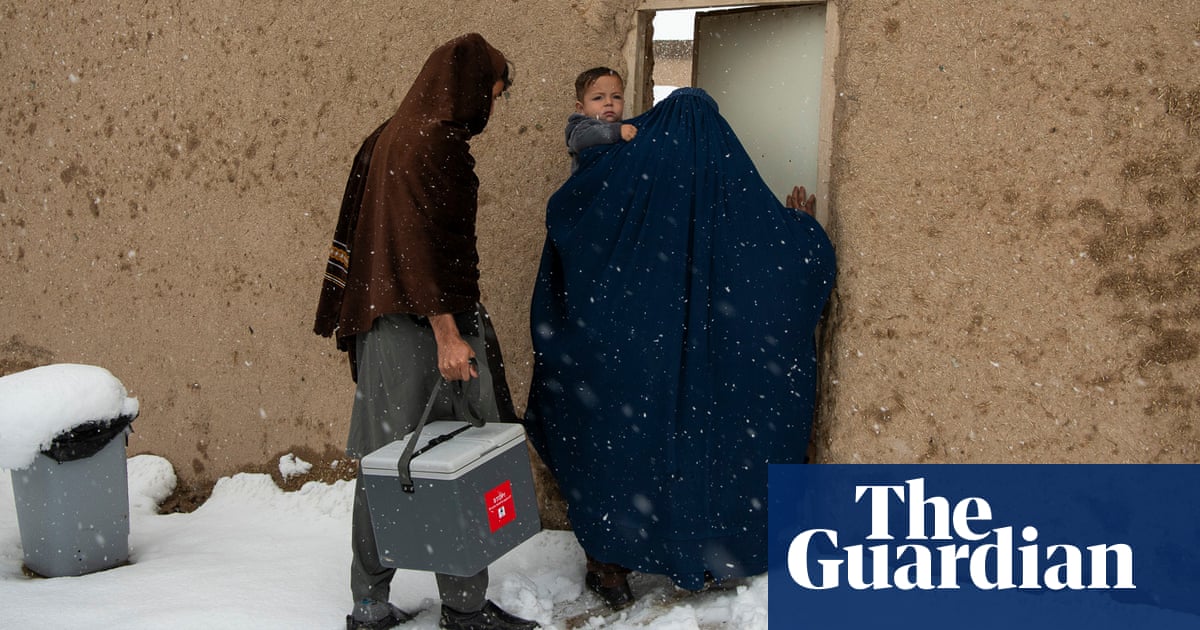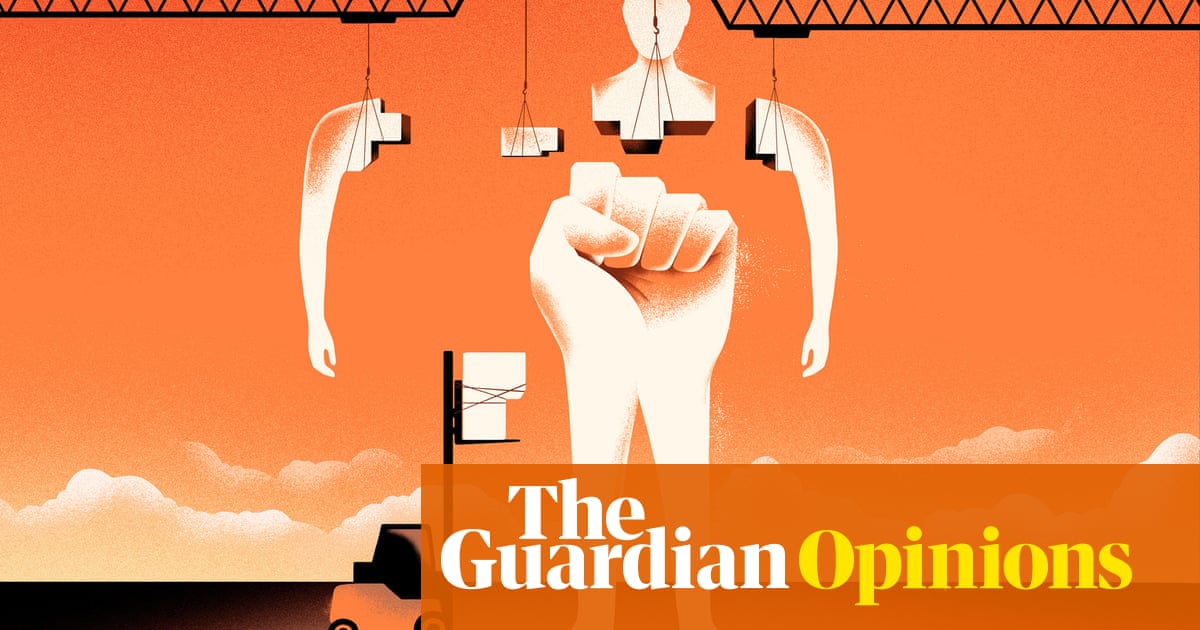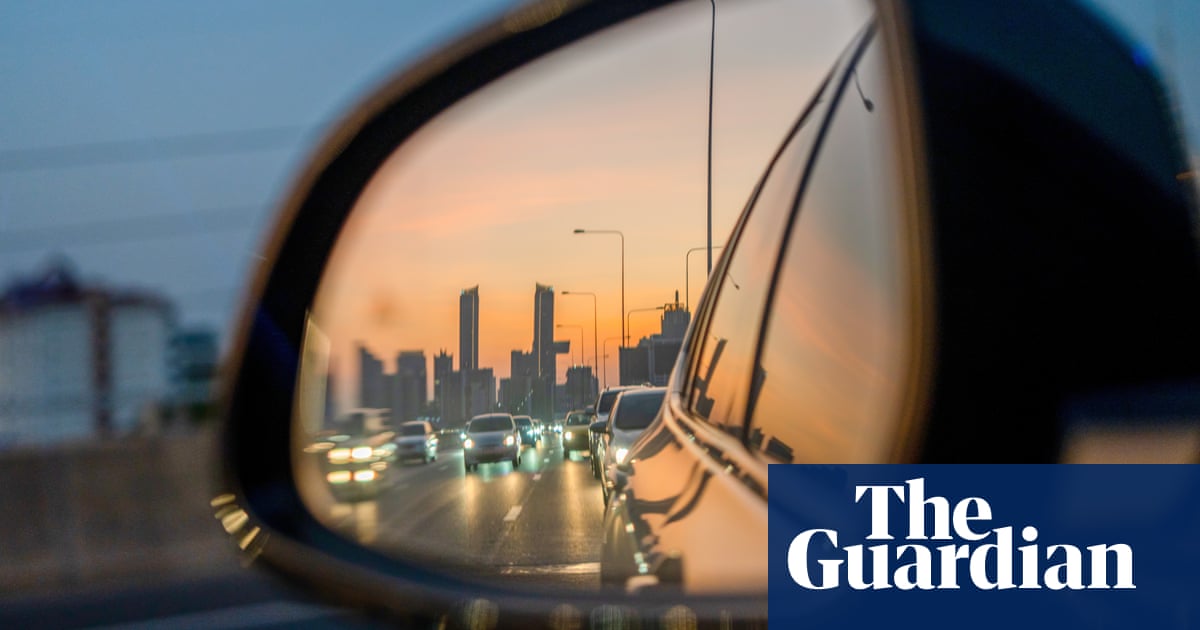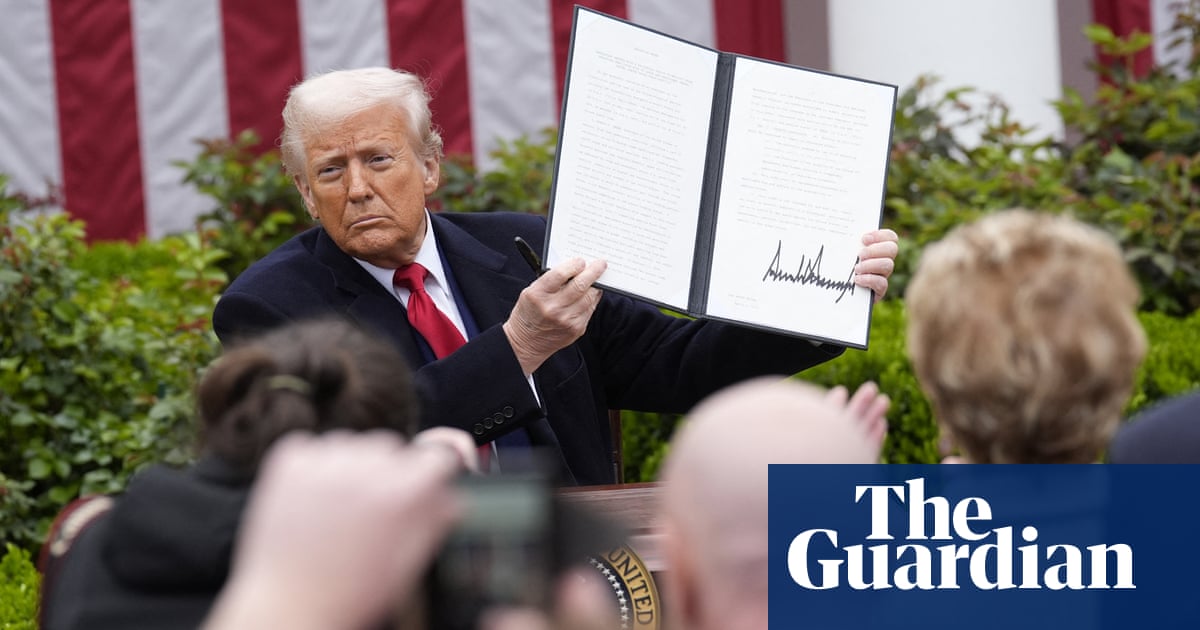Temperatures across the UK have plunged to-8C (17.6F) as the country shivers under an arctic chill expected to bring widespread heavy snow and freezing rain over the weekend.
On Friday morning, the Met Office upgraded its weather warning for snow and ice from yellow to amber for much of northern and central England over the weekend, meaning power cuts and travel delays are expected and rural communities could become cut off.
The UK’s lowest temperature of the cold snap so far was recorded in Benson in Oxfordshire, where it was -8.1C on Friday morning, while temperatures dropped to -7.5C in Shap, Cumbria, and -6.7C at Bournemouth airport.
In Scotland, the lowest recorded temperature was -6.4C in Eskdalemuir, Dumfries and Galloway.
A cold weather health alert has been issued for all regions in England, meaning it is expected there will be increased demand for health services and a rise in the number of deaths, particularly among those aged 65 and over or with health conditions.
The alert, issued by the UK Health Security Agency (UKHSA), lasts until midday on Wednesday and also means it is expected temperatures inside places like hospitals, care homes and clinics could drop below the recommended levels.
An amber warning for snow and ice is in place from 6pm on Saturday until midday on Sunday, covering most of central England and Wales, while a separate amber warning for heavy snow has been issued for most of northern England from 9pm on Saturday until midnight on Sunday.
Up to 30cm of snowfall is expected locally in both warning areas, with 3-7cm likely in other areas.
A yellow warning for ice and snow is in place for Scotland until midday on Monday.
Temperatures are expected to rise slightly at the end of the weekend, before dropping sharply again early next week.
Dan Stroud, a meteorologist at the Met Office, said: “[Temperatures in] the second half of the weekend should be in the high singles or low doubles. But temperatures will dive again next week, particularly on Monday and Tuesday. They should start to improve towards the latter end of the week. But there’s a lot of water to go under the bridge until then.”
The health secretary, Wes Streeting, told BBC Breakfast that “it is definitely a weekend to turn the heating on” as he defended the government’s cut to winter fuel payments, which he said had been protected for the “poorest pensioners”.
“This is a weekend to wrap up and keep warm, to take sensible precautions about going out and about,” he said.
after newsletter promotion
The director of Age UK, Caroline Abrahams, said the government’s decision to limit the winter fuel allowance would be put “into sharp relief” by the cold snap and the charity had already been contacted by older people “worrying about what to do when this moment arrived”.
“We urge older people to do everything they can to stay warm, even if that means risking spending more on their heating than they feel they can afford,” she said. “The energy companies are under an obligation to help if you are struggling and there may be support available from your local council too.”
Councils have also activated emergency measures, including additional accommodation to help rough sleepers stay safe during the cold snap.
Railways services are likely to experience delays or cancellations, with National Rail confirming that various routes across England, Scotland and Wales were likely to be affected.
National Rail Enquiries said the line between Inverness and Dingwall in northern Scotland would be closed until at least 11am on Saturday because of “multiple landslips and areas flooded”.

.png) 2 months ago
42
2 months ago
42
